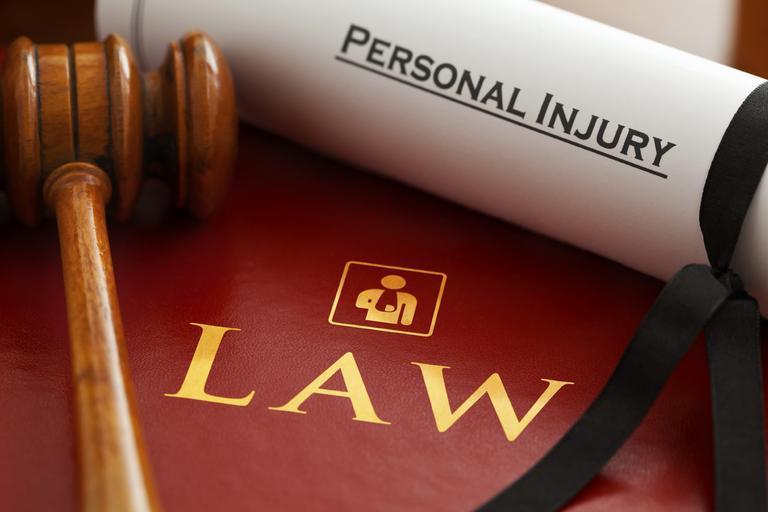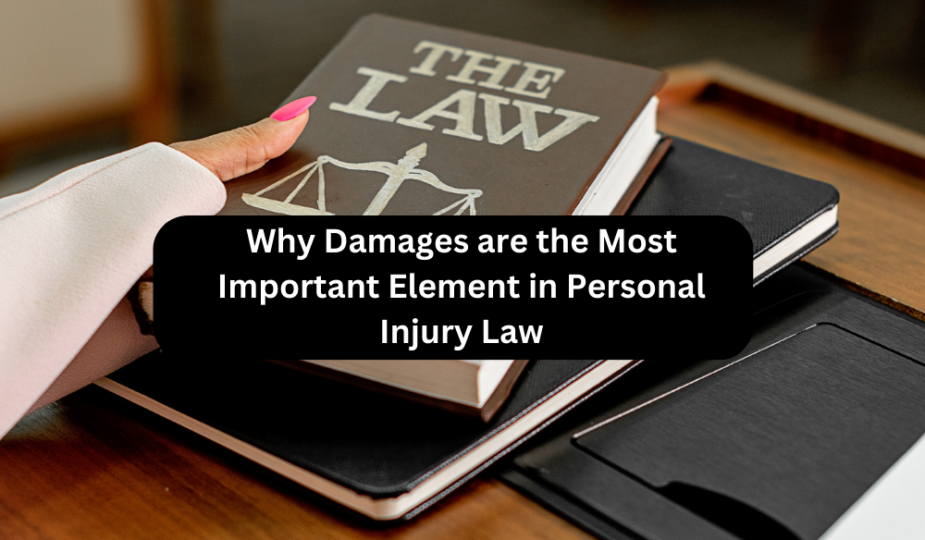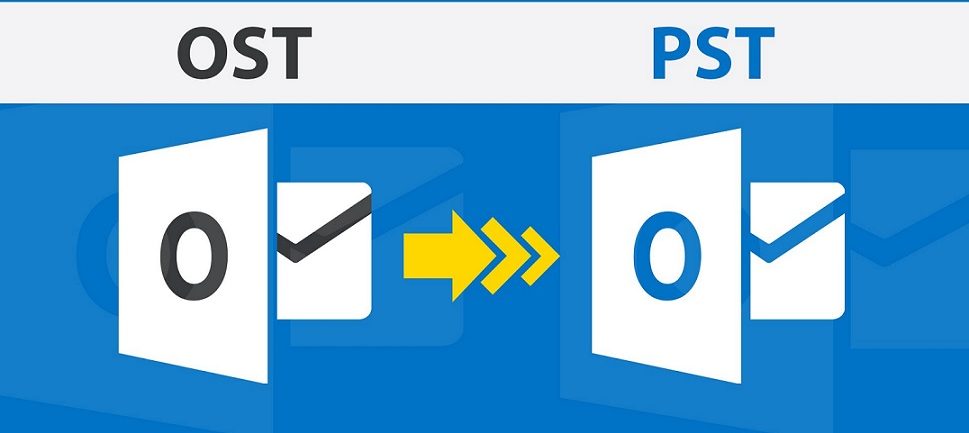Personal injury law is a broad and complex field. But at its core, there’s one thing that really matters: damages. Damages are your primary focus when you file for compensation. Understanding your responsibilities as a landlord related to personal injury law can help prevent tenant injuries and lawsuits. A good attorney will help you quantify your losses and come up with the most adequate asking price to compensate for your losses.
When hiring a personal injury attorney, be sure to select a legal expert who fully understands the intricacies of building a bulletproof case that can land you maximum compensation.
What Are Damages?

In personal injury law, “damages” means the money you get if you’re hurt because of someone else’s mistake. It’s like getting paid back for what you’ve lost or suffered because of the injury. These losses could be things like medical bills or the pain you feel.
Damages aren’t just about money; they’re also about fairness. They make sure that the person or company responsible for your injury takes responsibility and pays for the harm they caused. This helps prevent similar accidents from happening in the future and makes sure everyone is held accountable for their actions.
Furthermore, besides helping individuals, damages also have a bigger impact on society. They remind everyone about the importance of safety and taking care to avoid hurting others. It’s all part of the legal system’s job to protect people and make sure everyone is treated fairly, especially when it comes to personal injuries. Due to the complexities of personal injury law, the importance of a personal injury lawyer lies in their ability to navigate the legal system and fight for the compensation you deserve.
Read: The Advantages of Hiring a Divorce Attorney
Types of Damages You Need to Know
In personal injury cases, it’s important to know about the different types of damages to figure out how much compensation the injured person deserves. There are two main types: economic and non-economic.
Economic damages are easy-to-calculate losses that have a clear dollar value. This includes things like medical bills, lost wages from not being able to work, and damage to property, like cars or belongings.
On the flip side, non-economic damages are harder to put a price on because they deal with things like pain, suffering, and emotional distress.
Pain and suffering refer to the physical and mental pain caused by the injury, while emotional distress includes feelings like anxiety or depression. Loss of enjoyment of life means not being able to do things you used to enjoy, and loss of consortium is about how the injury affects relationships with family or a partner.
Even though economic damages are easier to calculate, both types are important for making sure the injured person gets fair compensation. Understanding these differences is key to fighting for the rights of injured individuals in personal injury cases.
Why Damages Are the Linchpin of Your Case
Without damages, there’s no way to ask for money to make up for the harm caused by someone else’s mistake.
Basically, damages are about making things right after an injury. They recognize the pain, suffering, and financial losses experienced because of someone else’s carelessness. By making the responsible person pay for the damages they caused, it helps keep everyone accountable and hopefully prevents similar accidents in the future.
The amount of damages awarded can really change how a personal injury case goes. The more damages, the more compensation the injured person might receive. That’s why it’s crucial to document and prove all the harm done, so they get the right amount of money to help them recover.

In practical terms, damages cover things like medical bills, rehab costs, and lost wages. They’re like a financial safety net that helps injured people get back on their feet after an accident. This money can make a huge difference in easing the financial stress and struggles faced by the injured person and their family.
But it’s not just about money. Fair compensation through damages also helps restore a sense of justice and dignity to the injured person. Filing a claim in personal injury law seeks compensation for damages due to another party’s negligence. It acknowledges their suffering and the impact of the injury on their lives. By making sure they’re properly compensated for their losses, damages work towards achieving fairness and resolution in personal injury cases.
Wrapping Up
Damages are the heart and soul of personal injury law. They’re vital for holding careless people accountable, helping injured people recover, and making sure justice is served. Understanding how damages work is only one step in fighting for the rights of injured individuals and getting fair outcomes in personal injury cases.










